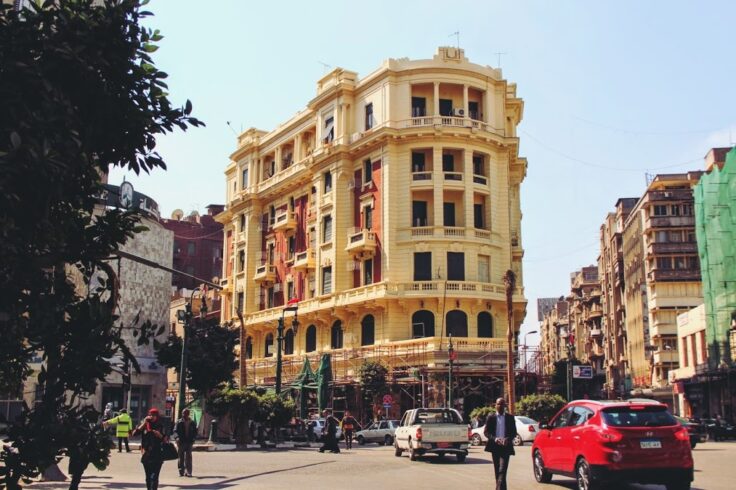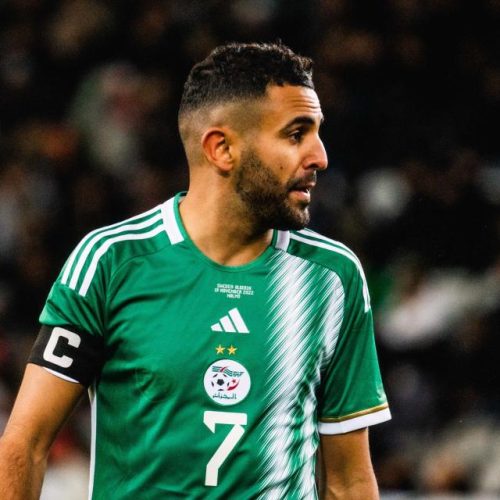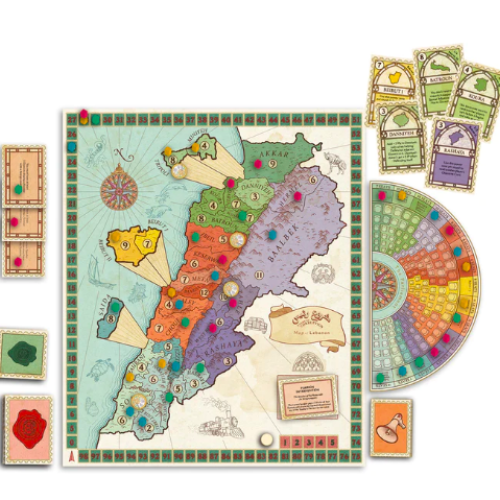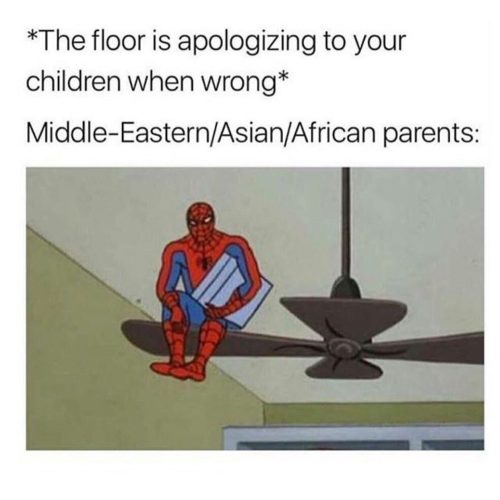My father was Sudanese and Egyptian. Born in Egypt, he grew up in Khartoum and later returned to his birthplace to pursue his studies in Cairo. He mastered both of the Arabic dialects perfectly and was able to switch between the two with just as much flow and ease as the other. I always wondered whether his attachment to Sudan was due to his father passing away when he was eighteen, and while there is truth in that claim, I also know that my father’s love for his country went beyond his roots. His parents certainly did help lay the foundations that forged his identity, but Sudan meant much more to him than that. Sudan was his primary and secondary school. Sudan was Ahmed, Abdelrahman, and Hisham with whom he grew up. It was where he had a Polish-Sudanese girlfriend as his first love, and where he had to constantly think about what it meant to be Sudanese yet never doubting that he was.
Due to increasing political instability compounded by civil war, Egypt became my father’s new project. It offered hope, and a fresh start to reach his goals and fulfill his ambitions. Egypt was his childhood summers, his cousins, Ramadan, the undeniably rich music scene, and so on. It was during his time at the American University of Cairo that my father strengthened his Egyptian and Arab identity with his group of friends, while simultaneously strengthening his ties with the Sudanese crowd that was also enrolled there. He went on to make equally close friendships in Egypt as he had in Sudan. In essence, my father had successfully managed to build different but equally important relations in and with both countries. Sudan was his childhood while Egypt was his adulthood.
After my father passed away seven-months-ago, I assume that my journey through grief was undeniably different from the norm. Looking back, I don’t think he fully ever understood why I struggled with my identity and the confusion that came with having a mixed background. This was partly because he integrated almost seamlessly in both his cultures. Sure, there was the occasional teasing during his childhood, but when it came to his internal identity struggle, there was none. He knew who he was.
As for me, I was born in Egypt and lived there until I was 12. I then moved to Belgium in 2012 and later relocated to Manchester for university. French is my mother tongue, and as for my Arabic, it is tainted with hints of Egyptian, Sudanese, and French twangs and intonations. Naturally, I experienced an identity crisis that continues to shape my early adulthood, but when my father passed away, what was originally a “crisis” transformed into a profound sense of loss. I felt like my Egyptian and Sudanese identities were being stripped away from me and, unlike my father, my Sudanese and Egyptian identities are not as well established. While he was equally both, I am equally none.
My father was my pillar, and I found comfort in knowing that he was what others considered a “real” Egyptian or Sudanese. He was the person who could confirm my own identity when I was unable to stand for it myself. He was the reason I still went to visit the Land of the Pharaohs as often as I did knowing that I could turn to him for anything related to culture, language, and politics in the Middle East. Egypt to me was landing at Cairo airport, and smiling at the sight of my sister, father, stepmother, and cousins holding a giant “Welcome Home” sign to greet me. Egypt was also choosing to spend time with his friends instead of mine as I was fascinated by their conversations, their jokes, their stories, and how unapologetically Egyptian they were. He filled in the part of who I am that I felt as if I was missing out on from abroad.
I also saw Sudan through my father’s lens. Sudan was him talking almost exclusively to me in Sudanese Arabic, and replying with my own remix of the language. Sudan was eating salatet fool, while I innocently asked where the fool was, naively unaware of the fact that there was none, as my family burst into laughter. Sudan was repeatedly listening to stories of jido and idolizing him despite never having met.
The void left by my father, a key influence in shaping the two sides of me, begs the question of how I navigate my identity on my own now. What happens now that my main gateway to both Sudan and Egypt is no longer here? What happens now as I become an exile in my own countries? What remains of my Egyptian or Sudanese self without my father here to fall back on?
As I reflect on my father’s life, I came to the conclusion that identity is a conscious choice. He chose to not let his parents define him by actively building experiences that made him who he was. While he played a crucial role in shaping who I am, I aspire to lead a life where my Sudanese and Egyptian roots can exist independently, owning them to the fullest, and no longer having to stand by his interpretation of them.
Egypt is my childhood. It is my school in Zamalek and Maadi and rushing to the koshk as soon as the bell rang. Egypt is Amina, Yasmine, Mona, and Ines, my first friends. Egypt is craving roz bel sha3reya drenched in sauce, thinking it was the best thing since sliced bread. Egypt is hiding away from my Arabic teacher because nothing felt longer than grammar class. Egypt is re-enacting Ramadan advertisements with my cousin, being eaten alive by mosquitos, and feeling nostalgia as soon as someone changes the station to 100.6 Nogoum FM.
Egypt is knowing I have these meaningful experiences to cherish, serving as a foundation upon which I can add layers. While it is daunting, I am excited to keep creating memories, and embark on a journey where Egypt, Sudan, and I intertwine. Egypt, I will hold on to you. As for Sudan, I hope we get to know each other better.









